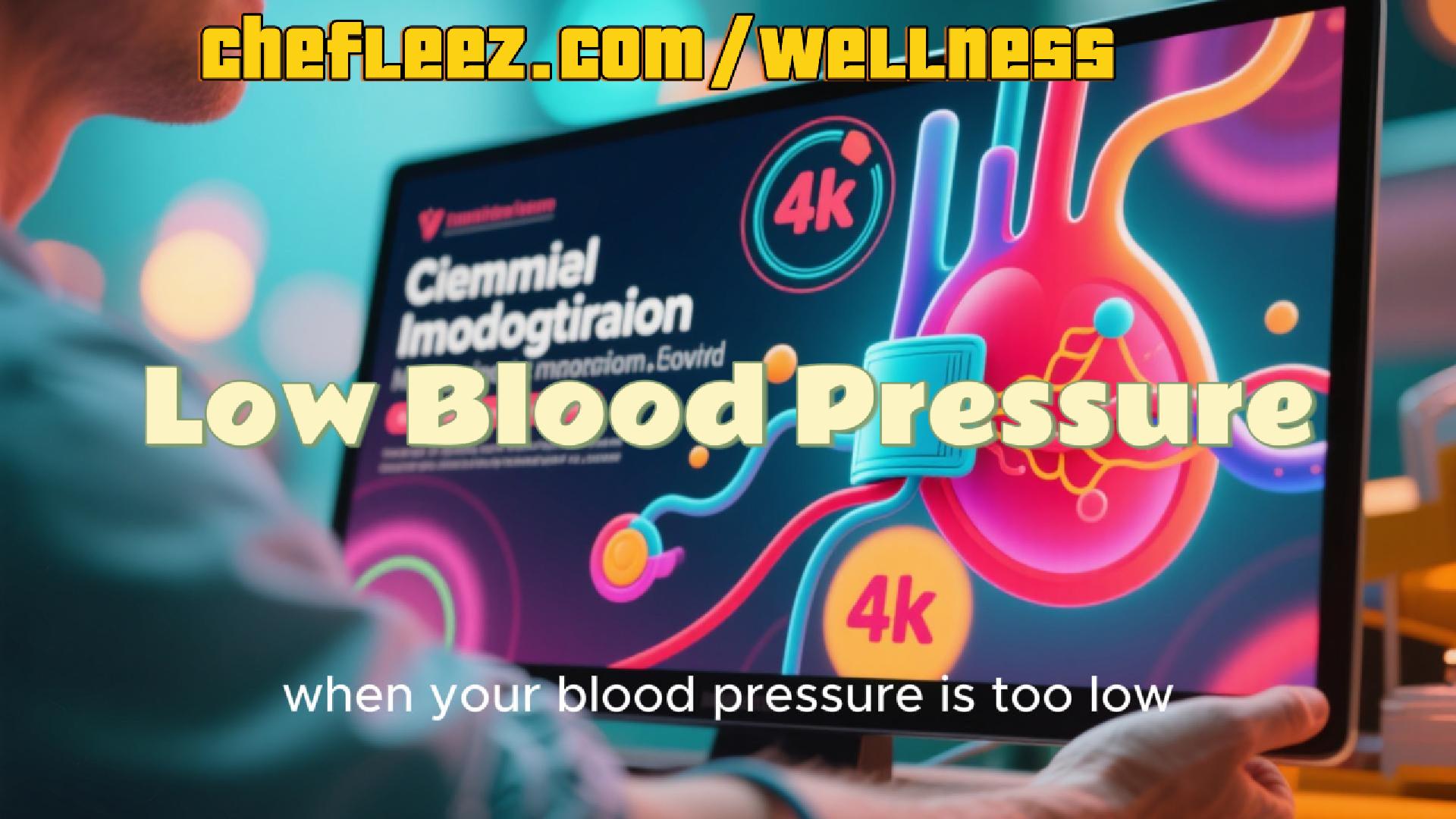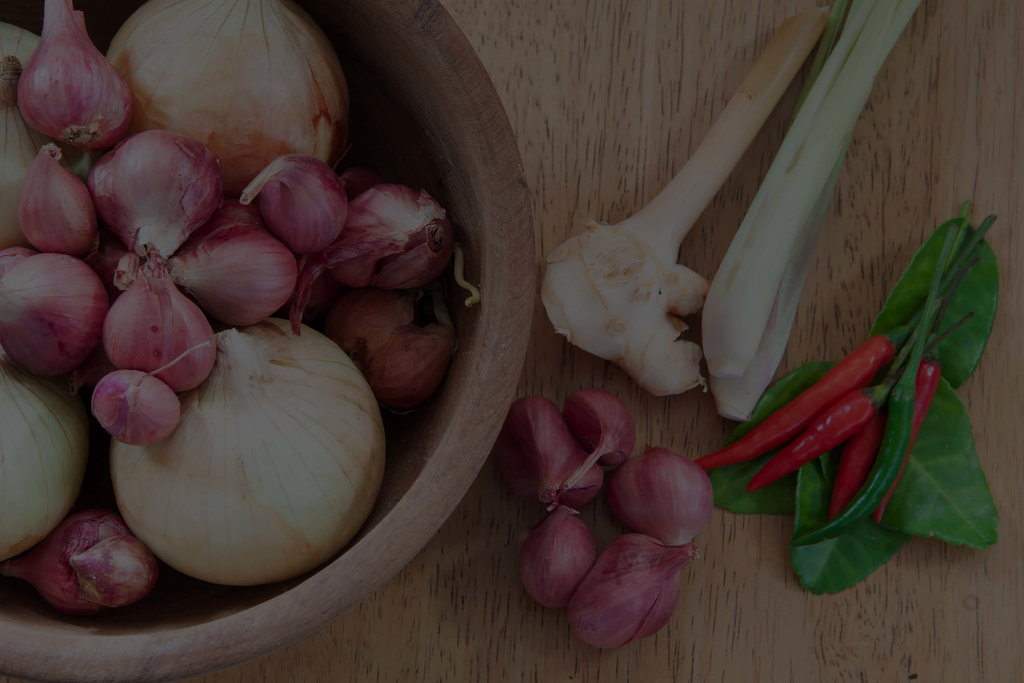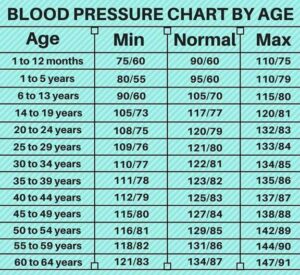
Wellness – Low Blood Pressure
Can wellness be as simple as a lifestyle change?
Wellness is defined as – “The quality or state of being healthy in body and mind, especially as the result of deliberate effort.” This means it’s more about feeling well for yourself.
There is no simple way to undo multiple years of misuse of our bodies. Failure to adopt a lifestyle change results in returning to your old habits!
Wellness and Low Blood Pressure:
Understanding Hypotension
Low blood pressure, also known as hypotension, is often overshadowed by high blood pressure. While high blood pressure gets a lot of attention for being a “silent killer,” low blood pressure can also affect your well-being and, in some cases, may signal an underlying health issue. Understanding the causes, symptoms, and management of hypotension can help you stay balanced and healthy.
What is Low Blood Pressure?
Blood pressure is the force of blood pushing against the walls of your arteries. A normal blood pressure reading is around 120/80 mmHg. When it drops below 90/60 mmHg, it is generally considered low.
For some people, especially those who are young and healthy, low blood pressure may not cause any problems. But for others, it can lead to dizziness, fainting, or even shock in severe cases.
Common Causes of Low Blood Pressure
Several factors can contribute to hypotension, including:
- Dehydration – Not drinking enough fluids can reduce blood volume.
- Nutrient deficiencies – Lack of vitamin B12, folate, or iron may cause anemia, leading to lower blood pressure.
- Heart issues – Slow heart rate, heart valve problems, or heart failure.
- Endocrine disorders – Hormonal imbalances, such as thyroid problems or adrenal insufficiency.
- Medications – Some drugs for depression, Parkinson’s, or high blood pressure may lower BP too much.
- Postural changes – Standing up quickly (orthostatic hypotension) can cause sudden drops in blood pressure.
Symptoms of Low Blood Pressure
Not everyone with low blood pressure will notice symptoms. But when they occur, they may include:
- Dizziness or lightheadedness
- Fainting (syncope)
- Blurred vision
- Nausea
- Fatigue
- Lack of concentration
- Cold, clammy skin (in severe cases)
Blood Pressure Chart by Age
Wellness Tips for Managing Low Blood Pressure
If your doctor confirms that your low blood pressure isn’t caused by a serious condition, these lifestyle steps may help:
💧 Stay Hydrated
Drink plenty of water throughout the day to maintain blood volume.
🧂 Adequate Salt Intake
Unlike those with hypertension, people with low blood pressure may benefit from slightly higher salt intake — but only under medical guidance.
🥗 Eat Small, Frequent Meals
Large meals can sometimes trigger a drop in blood pressure. Choose balanced, smaller meals to keep energy steady.
🪑 Rise Slowly
When moving from sitting or lying to standing, do so gradually to prevent dizziness from sudden drops.
🧘 Manage Stress & Rest Well
Stress, exhaustion, and lack of sleep can worsen low blood pressure. Relaxation practices like yoga, meditation, and breathing exercises may help.
🧦 Compression Stockings
In some cases, wearing compression stockings can improve blood circulation and prevent blood pooling in the legs.
When to See a Doctor
Occasional lightheadedness might not be a cause for concern, but seek medical advice if you experience:
- Frequent fainting
- Chest pain
- Shortness of breath
- Severe weakness or confusion
- Cold, pale skin or rapid pulse
These may indicate an underlying condition requiring medical attention.
Final Thoughts
Low blood pressure isn’t always a bad thing — for many, it can actually mean a healthy cardiovascular system. However, if it causes troubling symptoms or is linked to another health condition, it’s important to manage it properly. With the right lifestyle choices and medical support, you can maintain good wellness and keep your blood pressure balanced.
Taking some healthy cooking classes will teach you how to make healthy foods at home? Perhaps a Chef LeeZ cooking class.
Brain & Cognitive Support
Regular blueberry consumption has been linked in studies to improved memory
and slower age-related cognitive decline when included as part of a healthy diet.
Heart & Metabolic Health
Blueberries can support healthy blood pressure and cholesterol levels thanks to
fiber, potassium, and plant compounds.
You can see our related videos and blogs by the following links.
Our related YouTube shorts,
Our related YouTube Videos
You can see all our wellness related blogs here.
To never miss our future postings sign up to receive our newsletter by the short form below.





